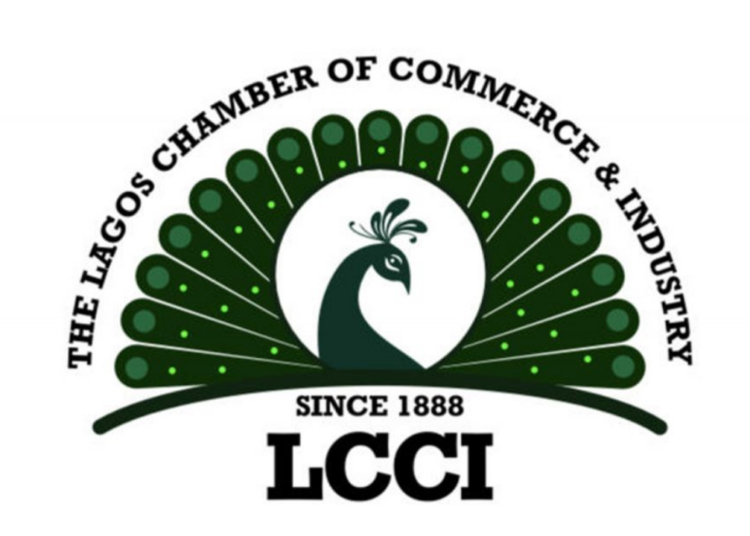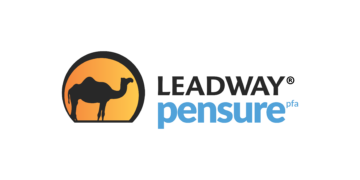Lagos Chamber of Commerce and Industry (LCCI) has said the 2025 federal budget of N47.90 trillion represents a bold attempt to consolidate fiscal reforms while addressing critical infrastructure projects in the country.
The president of LCCI, Gabriel Idahosa stated this at the Chamber 2025 Economic Review and Outlook Conference held yesterday in Lagos.
Idahosa said that the budget allocates N8 trillion to critical infrastructure projects such as roads, railways, and power, a 25 per cent increase from 2024, demonstrating a strong focus on closing the infrastructure gap.
“Additionally, N5 trillion is designated for education and healthcare to enhance literacy and reduce maternal mortality by 20 per cent over two years. However, the projected budget deficit of N11.3 trillion (3.4 per cent of GDP) will rely on domestic and external borrowing, raising concerns about debt sustainability.
“The government’s target is to achieve a GDP growth rate of 4.2 per cent in 2025 while reducing inflation to 15 per cent. These projections hinge on successful policy implementation and global economic stability,” he explained.
Idahosa noted that, “as of 2023, Nigeria’s tax-to-GDP ratio was 10.6 per cent. This is lower than the average of 15.6 per cent for African countries in 2023; Nigeria’s tax-to-GDP ratio has historically been low and is one of the lowest in the world.
“The World Bank and International Monetary Fund (IMF) recommend a tax-to-GDP ratio of at least 15 per cent and 12 per cent, respectively, for economic growth. The current administration has set a target of 18 per cent by 2025, necessitating the comprehensive Tax Reform Bills before the National Assembly.”
He called for the Tax Reform Bill, which could raise Nigeria’s tax-to-GDP ratio to 11 per cent by 2025, improving fiscal stability and reducing dependence on debt financing.
On the expected rebasing of Nigeria’s GDP and Consumer Price Index (CPI), LCCI president urged the government to remain focused on driving through the economic reforms towards achieving set goals, saying, “the monetary authorities should not get comfortable with rebased inflation figures if they come out lower than what we currently deal with at 34.6 per cent as of November 2024.”
On outlook driver in 2025, founder and chief consultant of B. Adedipe Associates Limited, Prof. Biodun Adedipe said that local oil refining is expanding, manufacturing is reviving and there is refocus on non-oil export promotion.
He added that, the Electronic FX Matching System (EFEMS) has introduced transparency and efficiency into the official FX market, saying improvement in infrastructure will begin to positively impact the cost of doing business, while sustained deep, (especially tax) reforms will enhance global competitiveness and Ease of Doing Business, plug leakages and shrink the space for economic rent.
Adedipe added that, “in 2025, reforms will begin to pay off, leading to faster growth. Inflation is expected to reach an inflection point in the early part of 2025, causing a potential downward trajectory of Monetary Policy Rate (MPR).”




